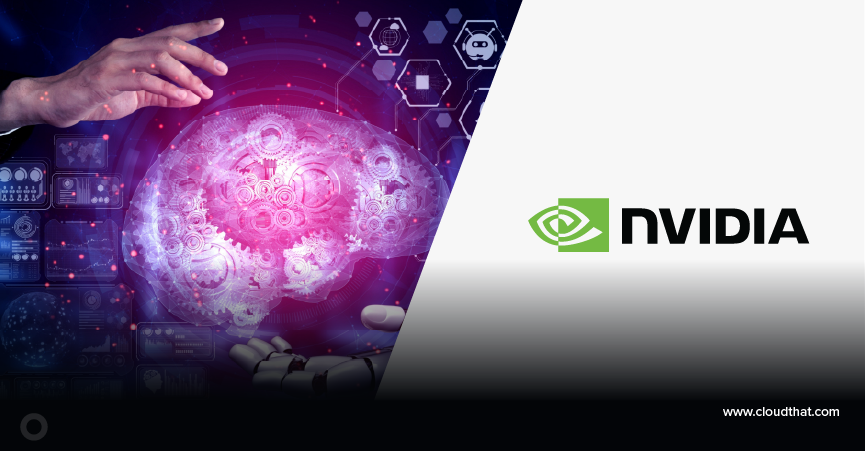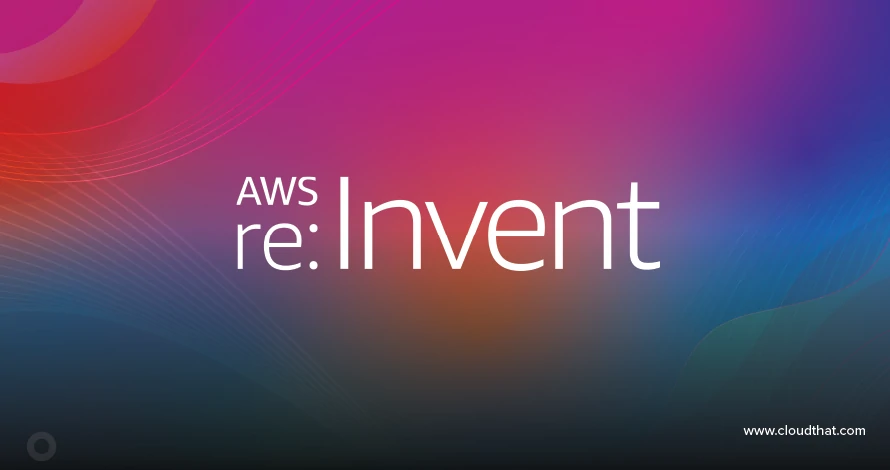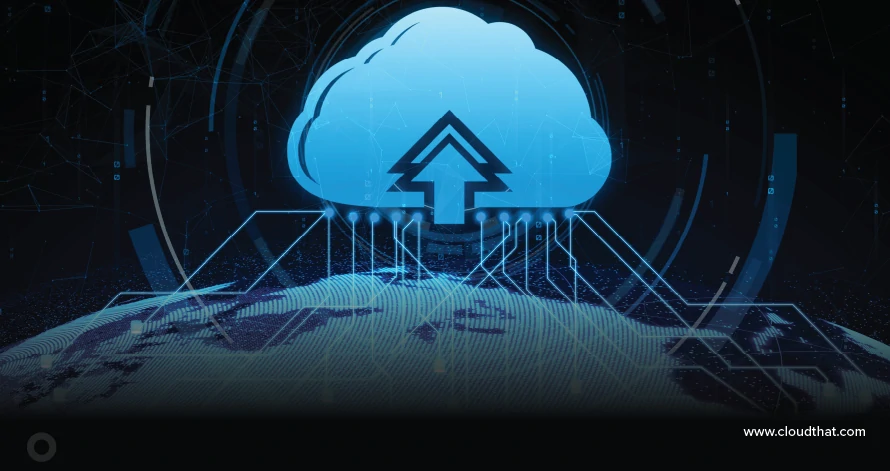|
Voiced by Amazon Polly |
Alain de Botton, in his book The School of Life, says that Emotional Intelligence is our ability to understand ourselves and read others. Often, we neglect the importance of Emotional intelligence over Intelligence, and this has not helped us become better human beings. Let me give you a quick analogy,
“Musicians play the instrument, and I am the orchestra.” When confronted by the other cofounder of Apple, Steve Wozniak, this was what Steve Jobs had to say. This is exactly how a leader should be. Think of a world-class orchestra led by a conductor who knows every note but can’t sense the room. The score, every Musician in the room plays the room perfectly, yet the performance falls flat. Because the conductor can’t read the musicians’ energy, adjust to the hall, or respond to the audience. Business is the same: excellence isn’t only technical; it’s emotional and relational.
Start Learning In-Demand Tech Skills with Expert-Led Training
- Industry-Authorized Curriculum
- Expert-led Training Sessions
Why Emotional Intelligence Beats Raw IQ, when it comes to work:
A leader who can identify the emotions they are going through and sense the emotions of others tends to bring out the best in their coworkers. Emotional Intelligence could be as simple as regulating impulses or having a difficult conversation with an employee who has just been accused of something very heinous. The Idea of Emotional Intelligence is to understand ourselves to better understand others. This translates into fewer misinterpretations and faster alignment. In practical terms, Emotional Intelligence turns feedback into growth, conflict into clarity, and pressure into focus.
Diversity increases performance:
Differences in background, identity, discipline, and thinking style are not “HR checkboxes”; they’re strategic assets. Teams with genuine Diversity spot risks earlier and generate more original solutions because they come with more diverse viewpoints. But the advantage appears only when voices are welcomed, not merely present. That means the “norms to reward dissent”, and celebrate “idea collisions” instead of the “consensus all” format.
The glue of high-trust Team Building
Camaraderie does not come from pizza Friday; it comes from predictable care. Rituals—check-ins that ask, “what do you need today?”, structured 1 on 1s, and post-mortems that examine systems, and not their people. This creates psychological safety. Over time, that safety compounds into speed, because colleagues don’t waste energy masking mistakes or politicking. Healthy Team Building is less about social events and more about shared language for feelings, needs, and commitments.

(https://unsplash.com/photos/two-men-playing-a-game-of-foo-pong-in-an-office-QbN8F3kTwSM)
Modern Leadership and Gen Z
Recent cross‑industry surveys show Gen Z wants managers who coach, listen, and make purpose more visible. They look for emotionally fluent leaders who tend to stay calm when ambiguity spikes, explain trade-offs and the “why” behind it, and make fairness visible in how they “choose.”
What Gen Z responds to in leaders?
- Purpose that they can see and understand: Connect work to outcomes that customers and communities feel. Narrate why decisions are made and how you’ll keep things fair.
- Coaching and not commanding as a manager switching annual reviews for frequent, specific feedback and short one on one’s that end with a clear next best experiment, on what shall actually work for the person and the organization next.
Bringing it home
- Treat meetings as conversations. Always ask, “What are we missing?” and wait long enough for real answers and listen to them carefully. Your company’s employees know the pulse of the business better than you do; sometimes, treat them as eyes and ears.
- Make assumptions explicit and clear.
- Reward learning behavior publicly.
Soft skills make these ideas practical and workable. Explore our people‑first training that strengthens communication, active listening, constructive feedback, conflict navigation, facilitation, and inclusive decision‑making across teams. For managers who want a portable badge of competence, our industry‑recognized certifications deepen practice in Emotional Intelligence, Diversity, Team Building, and Leadership, you can check them out at (https://www.cloudthat.com/corporate-training/soft-skills-training/)—so the “conductor” in your organization can bring out everyone’s best performance.
Upskill Your Teams with Enterprise-Ready Tech Training Programs
- Team-wide Customizable Programs
- Measurable Business Outcomes
About CloudThat
CloudThat is an award-winning company and the first in India to offer cloud training and consulting services worldwide. As a Microsoft Solutions Partner, AWS Advanced Tier Training Partner, and Google Cloud Platform Partner, CloudThat has empowered over 850,000 professionals through 600+ cloud certifications winning global recognition for its training excellence including 20 MCT Trainers in Microsoft’s Global Top 100 and an impressive 12 awards in the last 8 years. CloudThat specializes in Cloud Migration, Data Platforms, DevOps, IoT, and cutting-edge technologies like Gen AI & AI/ML. It has delivered over 500 consulting projects for 250+ organizations in 30+ countries as it continues to empower professionals and enterprises to thrive in the digital-first world.
WRITTEN BY Afeed Razil


 Login
Login


 September 12, 2025
September 12, 2025 PREV
PREV











Comments